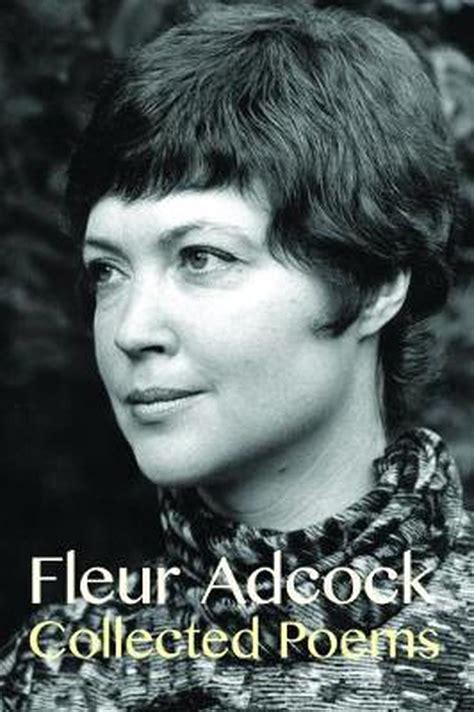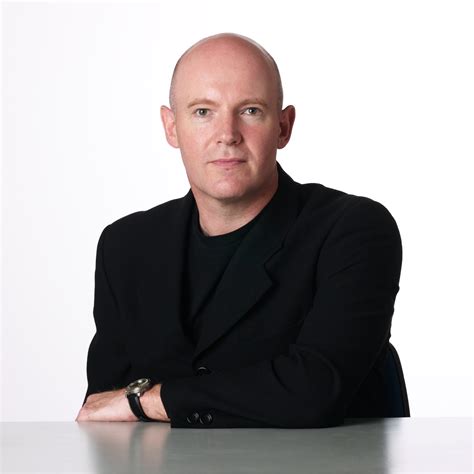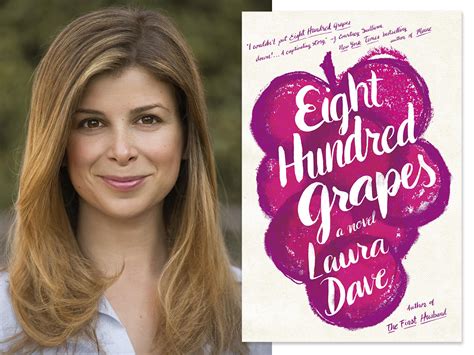A Quote by Maria Konnikova
When we are forced to do multiple things at once, not only do we perform worse on all of them but our memory decreases and our general well-being suffers a palpable hit.
Related Quotes
On reflection, some things do super well because they hit with the time. Some things do super well because they are able to activate a kind of echo chamber or bandwagon or cascade - they didn't particularly hit with the time. Some things are just too astonishingly good to not hit the top. Those three explanations, with respect to the Star Wars phenomenon, seem to me all to pass the plausibility test, and to explore them, with respect to Star Wars, I think casts light not just on the saga of our time, but also on everything about our culture.
There are worse things than having behaved foolishly in public. There are worse things than these miniature betrayals, committed or endured or suspected; there are worse things than not being able to sleep for thinking about them. It is 5 a.m. All the worse things come stalking in and stand icily about the bed looking worse and worse and worse.
Our veterans are not being treated well. Our veterans, in many cases, are being treated worse than illegal immigrants, people that come into our country illegally. Our veterans are not being treated well. And, by the way, Hillary Clinton has been doing this for 35 years. Now she says she can do it? She doesn't have a clue.
Ahead of me lies the familiar litany: weakening of the heart, hardening of the arteries, increasing brittleness of bones, decreases in kidney filtration rates, lower resistance of the immune system, and loss of memory. The list could be extended almost indefinitely. Evolution seems indeed to have arranged things so that all our systems deteriorate, and that we invest in repair only as much as we are worth.
Our age has become so mechanical that this has also affected our recreation. People have gotten used to sitting down and watching a movie, a ball game, a television set. It may be good once in a while, but it certainly is not good all the time. Our own faculties, our imagination, our memory, the ability to do things with our mind and our hands-they need to be exercised. If we become too passive, we get dissatisfied.
There are differences between us. But it doesn't make sense to emphasize that, because my future and yours is connected with everyone else's. So we have to take seriously our concern for all of humanity. When we focus on our individuality, humanity inevitably suffers. And once humanity suffers, each one of us will also suffer.
We don’t constrain our mental powers when we store new long-term memories. We strengthen them. With each expansion of our memory comes an enlargement of our intelligence. The Web provides a convenient and compelling supplement to personal memory - but when we start using the Web as a substitute for personal memory, by bypassing the inner processes of consolidation, we risk emptying our minds of their riches.






































